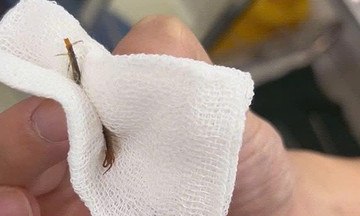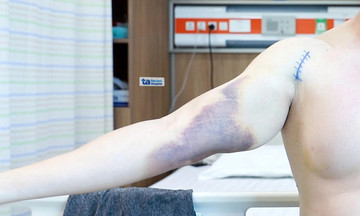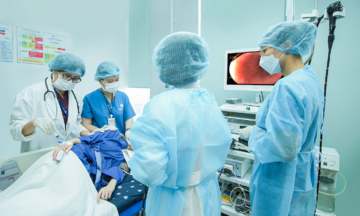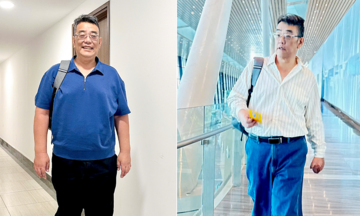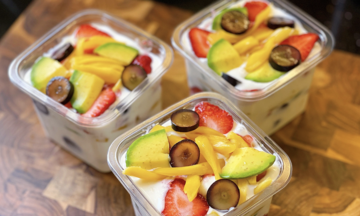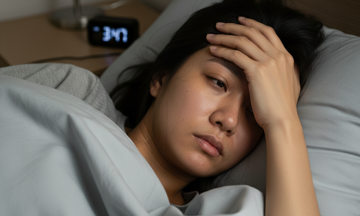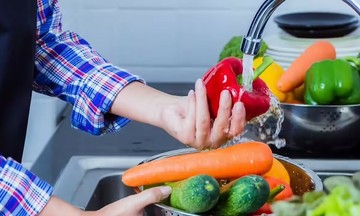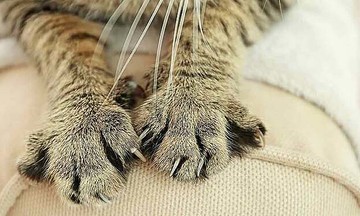At the 175 Military Hospital, Trang was diagnosed with drug poisoning. She received intravenous fluids and was closely monitored. Doctors said she was fortunate to have arrived promptly, as any delay could have been dangerous. Her condition was not vertigo, but a migraine coupled with hypoglycemia.
Doctor Hoang Tien Trong Nghia, head of the Department of Endocrinology at 175 Military Hospital, said Trang's case is not uncommon. Despite advances in modern medicine, many patients avoid hospitals, seeking alternative remedies based on anecdotal advice, believing these are effective treatments. However, word-of-mouth advice is not always accurate and can even cause life-threatening complications.
Headaches and dizziness are common neurological symptoms. Many people choose folk remedies such as chewing fresh ginger, applying peppermint oil, acupressure, and hot or cold compresses. Some of these methods have proven effective in relieving nausea and reducing pain duration in certain primary headaches. However, headaches and dizziness can also signal dangerous conditions like brain aneurysms, brain tumors, and strokes. Relying solely on anecdotal advice, such as assuming dizziness is due to hypoglycemia and then forcing sugary drinks, can delay crucial treatment for the underlying cause.
Beyond folk remedies, many people share pain relievers or "brain-boosting" medications, which carries significant risks. Overusing pain relievers can harm the stomach, liver, and kidneys, while unregulated "brain-boosting" products can exacerbate health problems. If a headache is unusually severe, sudden, feels like a "thunderclap," or is accompanied by fever, stiff neck, or limb weakness, seek immediate medical attention instead of trying home remedies. For persistent or worsening neurological symptoms, early medical consultation is always the safest approach.
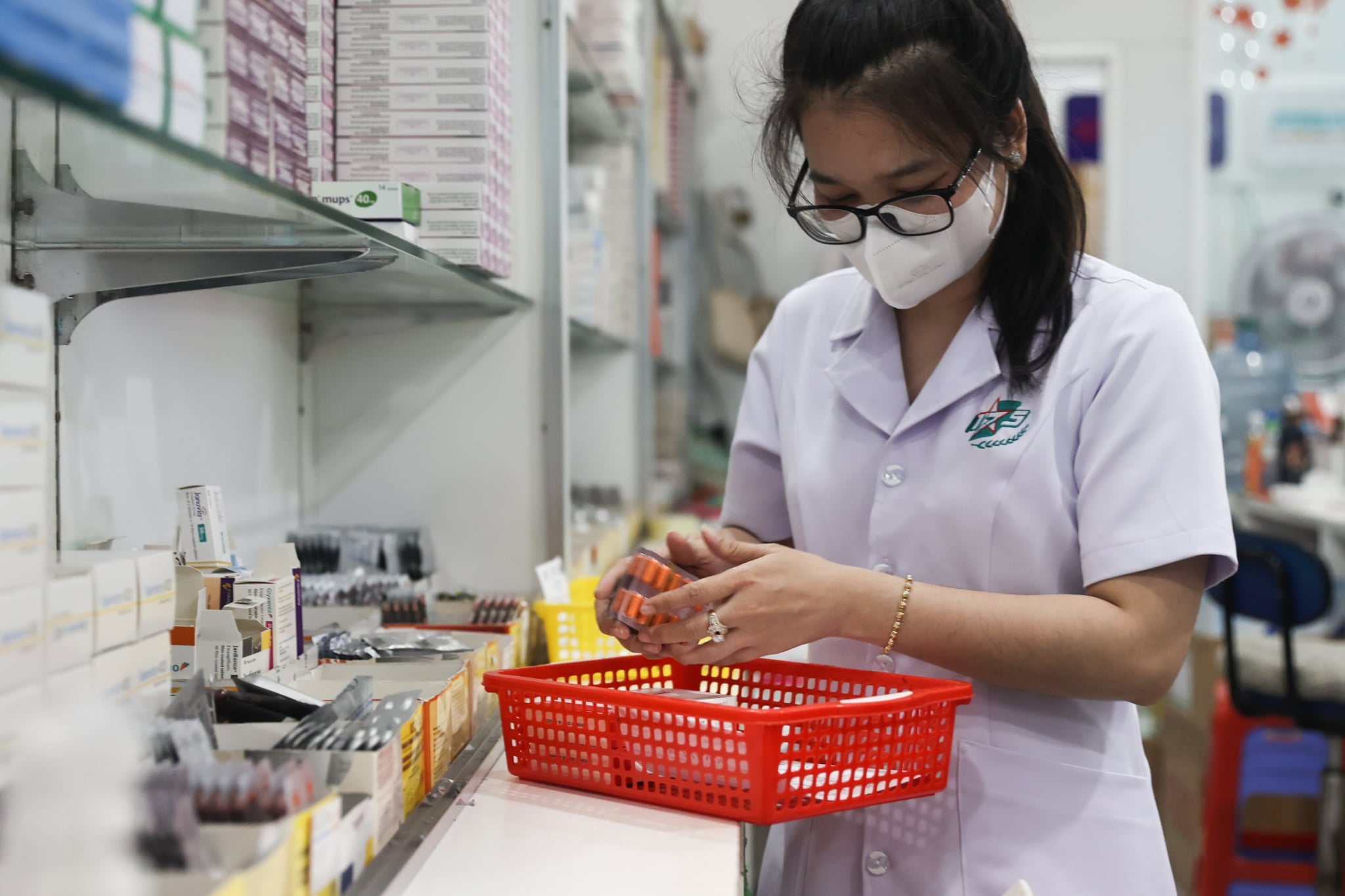 |
Medication should be taken as prescribed by a doctor. Photo: Quynh Tran |
Medication should be taken as prescribed by a doctor. Photo: Quynh Tran
Doctor Huynh Dang Loc from the Department of Endocrinology at 175 Military Hospital highlighted stroke as a prime example. Stroke requires emergency treatment within the "golden hour" because "time is brain." Two million brain cells die every minute, yet many lose this critical window due to reliance on word-of-mouth remedies, leading to death or severe disability.
In many cases, families believe a stroke victim has simply caught a chill, applying traditional remedies like scraping the skin and applying oils, delaying hospital treatment until the condition worsens. Misguided advice circulating on social media includes pricking 10 fingertips, remaining immobile, drinking lemon or sugar water, or even using An Cung Niu Huang Huan (a traditional Chinese medicine). These methods are not only ineffective but harmful. Pricking fingertips can delay treatment, cause pain, potentially raise blood pressure, and even lead to infection from unclean needles. Forcing fluids on someone struggling to swallow can cause choking and respiratory problems. An Cung Niu Huang Huan is not a miracle cure and has not been proven to prevent or treat strokes; it may even worsen some types.
The correct response is to recognize stroke symptoms using the FAST acronym (Facial drooping, Arm weakness, Speech difficulty, Time to call emergency services). Call 115 immediately and do not give the patient anything to eat or drink, or administer medication. While waiting for emergency services, place the patient in a safe location, tilt their head to prevent choking, loosen clothing, keep them warm, monitor closely, and avoid scraping, acupuncture, or moving them unnecessarily. Prompt and appropriate action maximizes the chances of recovery.
Word-of-mouth treatments are not limited to acute conditions. Many chronic illnesses, like diabetes and hypertension, are also self-treated based on anecdotal advice. Some diabetes patients abandon their prescribed treatment for "miracle cures" or folk remedies like mango leaves, guava leaves, or bitter melon. This can lead to uncontrolled blood sugar, nerve and blood vessel damage, limb amputation, and even stroke. Currently, no medication or herbal remedy can cure diabetes; patients require lifelong treatment under medical supervision.
For hypertension, some recommend celery, lotus leaf tea, raw garlic, or even stopping medication when blood pressure seems stable, mistakenly believing they are "cured." This is a dangerous misconception; stable blood pressure is due to medication. Stopping medication can cause strokes and heart attacks. Patients must take medication regularly, follow a low-salt, low-fat diet, exercise, quit smoking, limit alcohol, and only use herbal supplements with their doctor's approval.
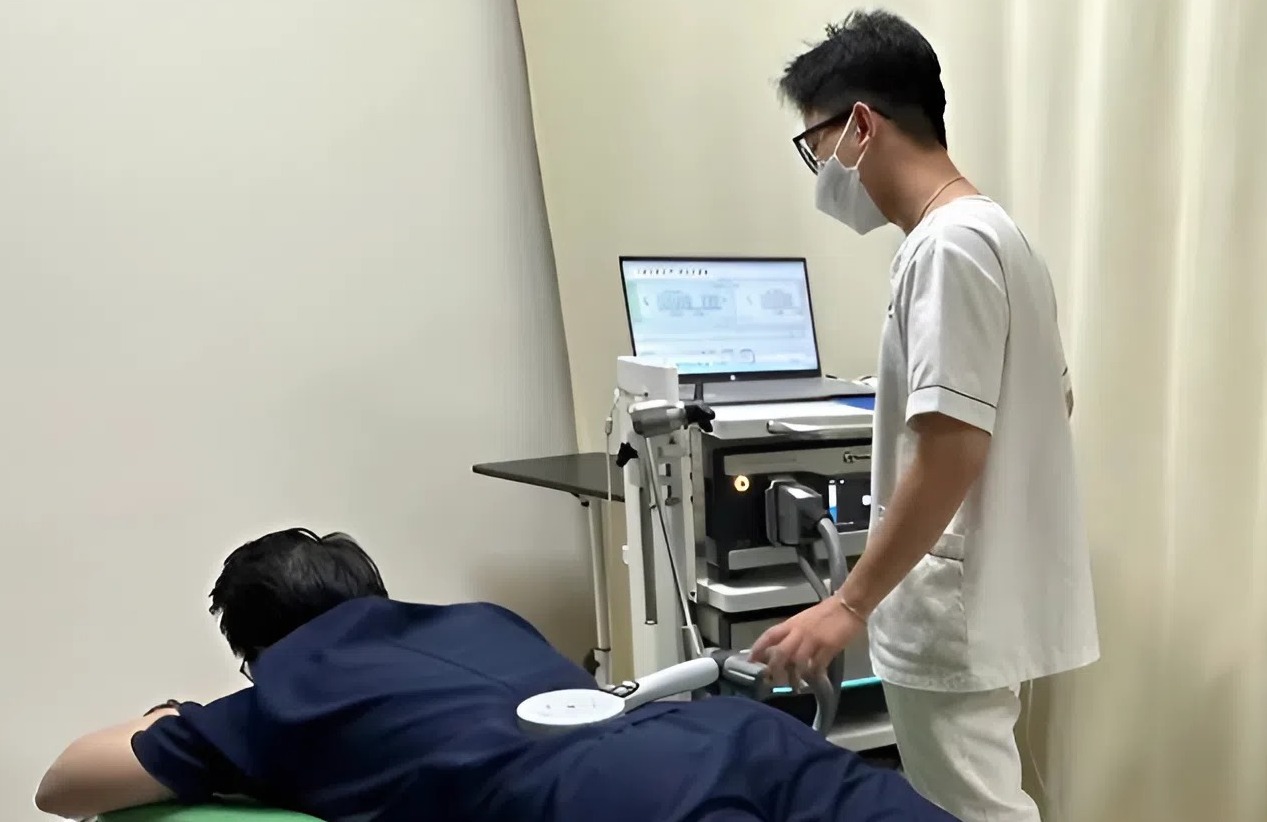 |
Patient receiving treatment at the Department of Endocrinology, 175 Military Hospital. Photo: Courtesy of the doctor |
Patient receiving treatment at the Department of Endocrinology, 175 Military Hospital. Photo: Courtesy of the doctor
To avoid negative consequences, Doctor Nghia advises caution with word-of-mouth remedies, as not all "effective" remedies are scientifically sound. Avoid believing in "cure-all" remedies. Do not take medication based on rumors; all medication, whether traditional or Western, should be taken under a doctor's guidance. Medications like aspirin, insulin, blood pressure medication, and antibiotics require a doctor's prescription tailored to the individual patient. Self-medicating or stopping prescribed medication can have serious consequences. Even "mild" traditional or herbal remedies can contain toxins or impurities if not properly tested.
Doctor Loc emphasizes that if you experience unusual symptoms, seek medical attention for proper diagnosis and treatment. Do not try home remedies. If you wish to incorporate folk methods like dietary changes, massage, or acupuncture, consult your doctor to ensure safety and effectiveness and avoid adverse interactions. Improve your medical knowledge, trust only information from reliable sources, and remind family and friends to be wary of unsubstantiated claims and remedies.
Le Phuong



